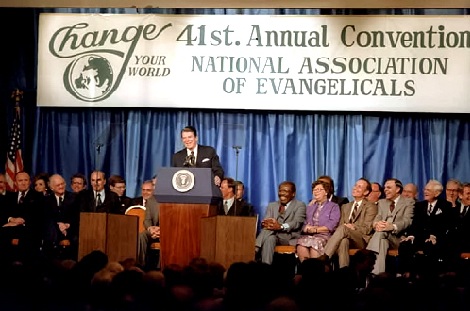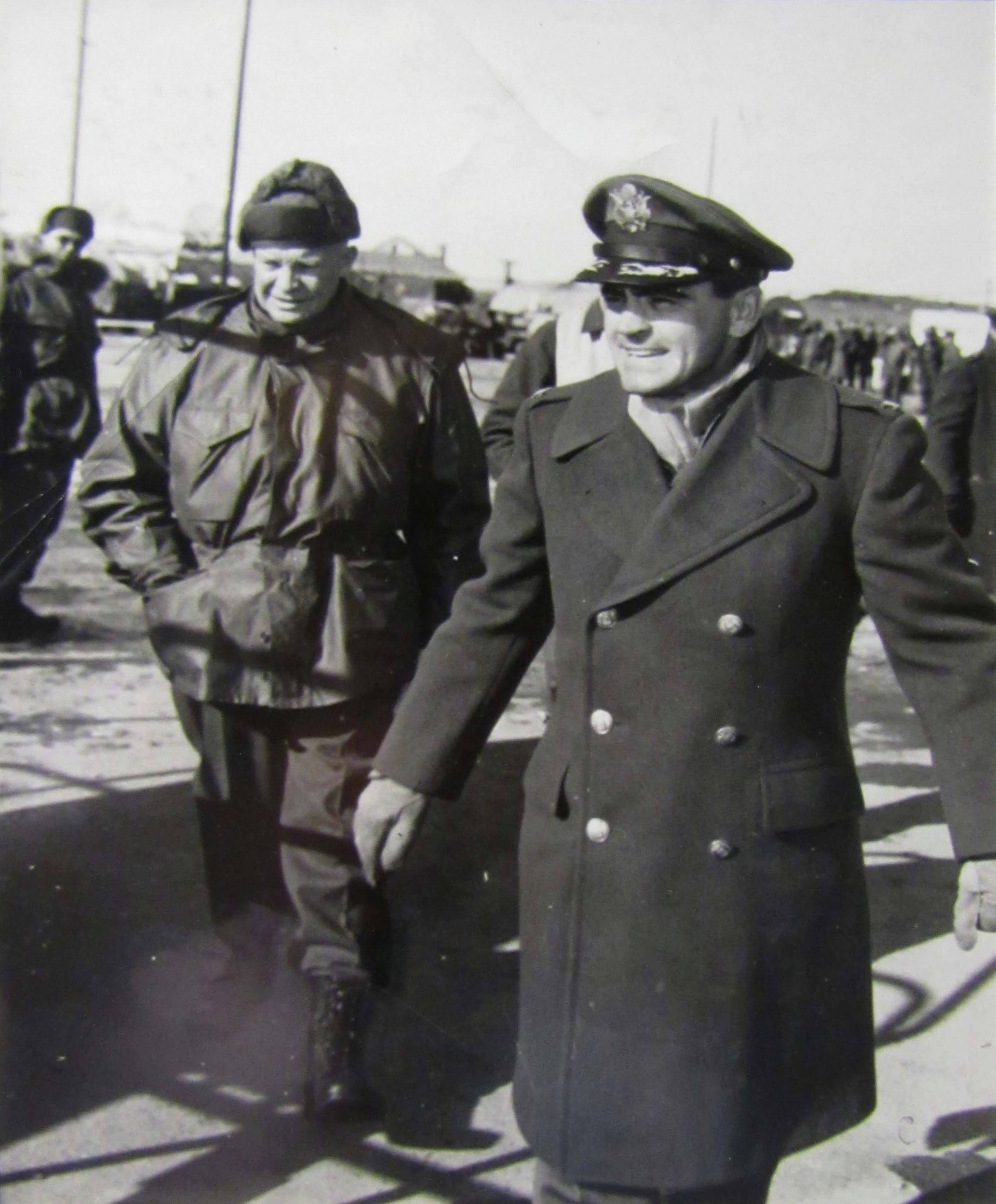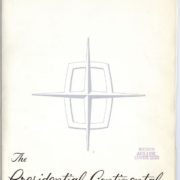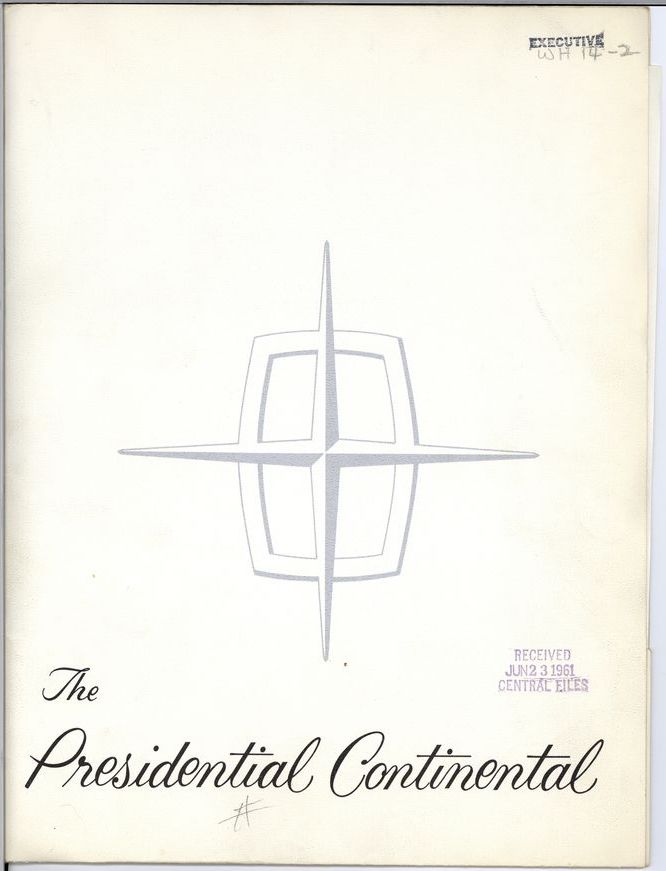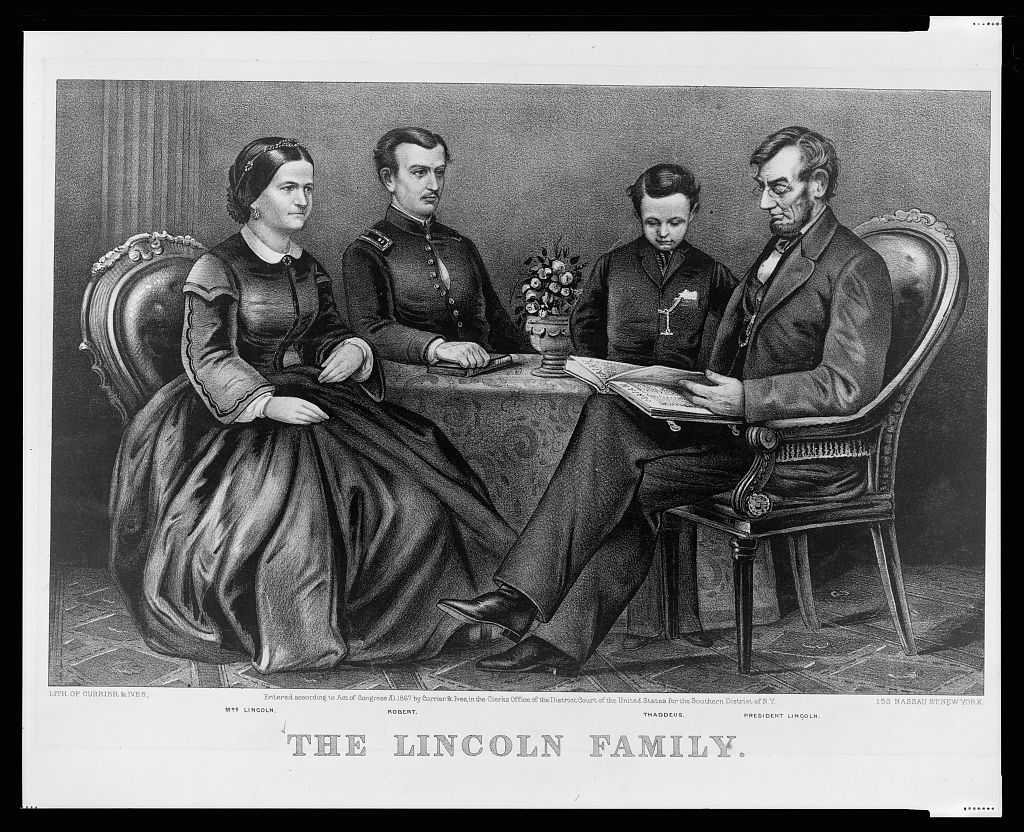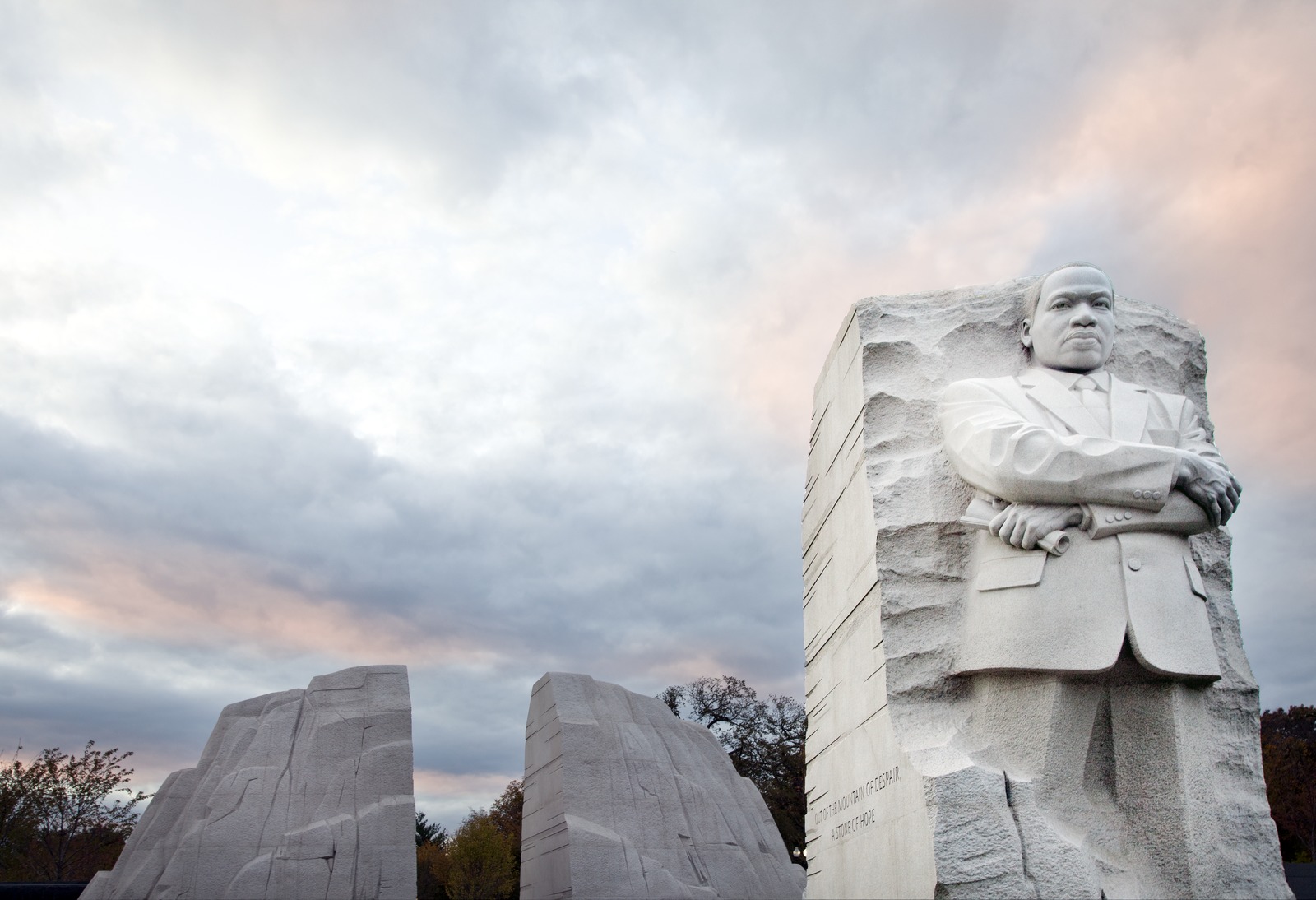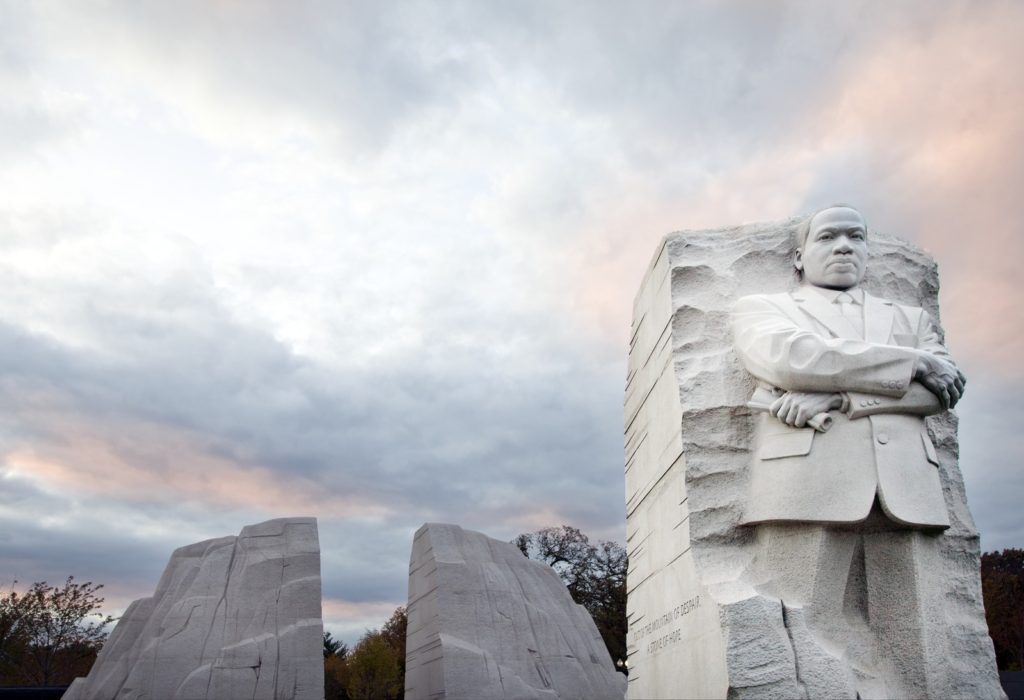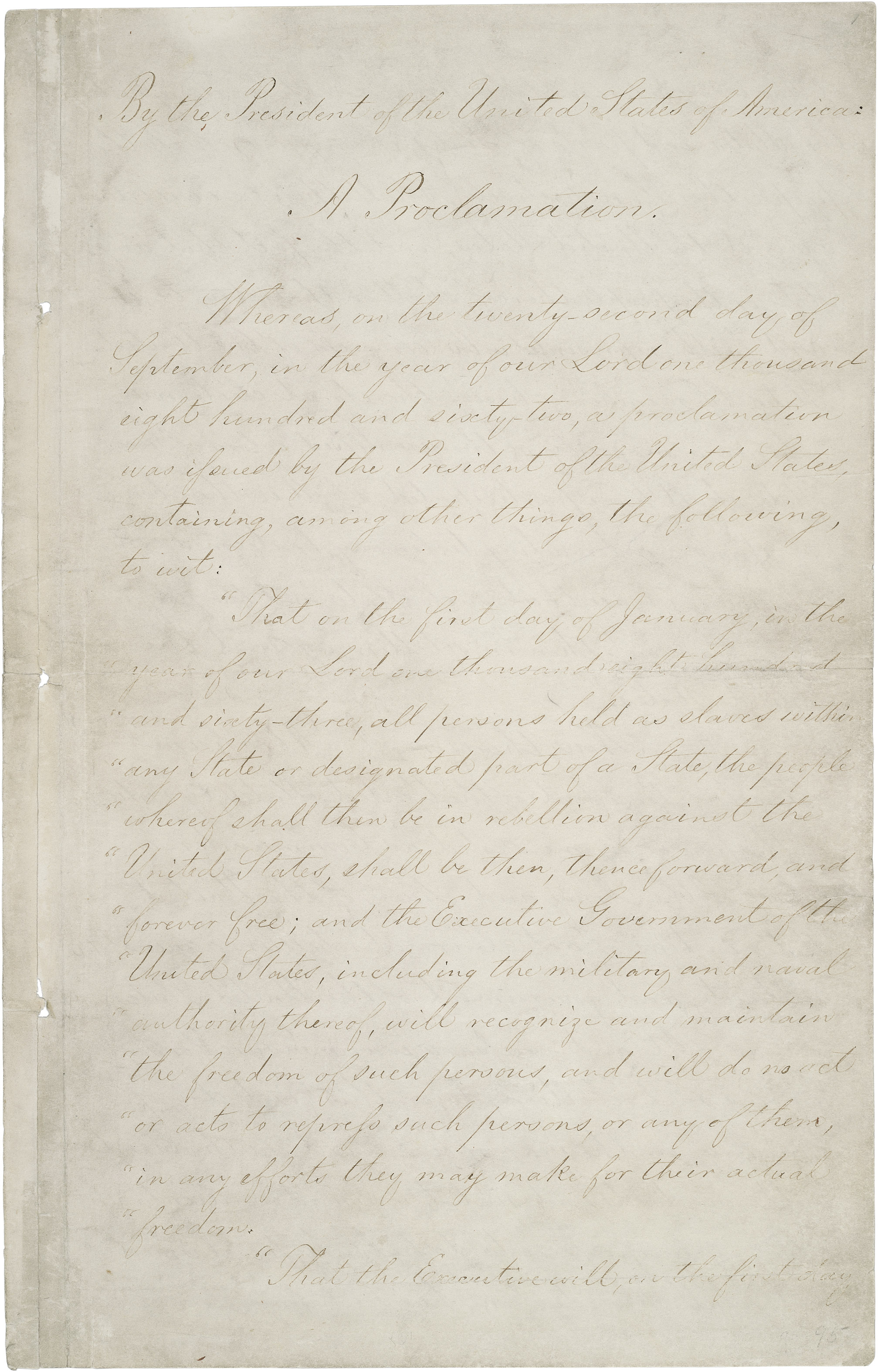On this day in 1983, President Ronald Reagan publicly refers to the Soviet Union as “an evil empire.”
This excerpt is from about halfway through the still relevant speech:
“Freedom prospers when religion is vibrant and the rule of law under God is acknowledged. When our Founding Fathers passed the First Amendment, they sought to protect churches from government interference. They never intended to construct a wall of hostility between government and the concept of religious belief itself.
The evidence of this permeates our history and our government. The Declaration of Independence mentions the Supreme Being no less than four times. “In God We Trust” is engraved on our coinage. The Supreme Court opens its proceedings with a religious invocation. And the members of Congress open their sessions with a prayer. I just happen to believe the schoolchildren of the United States are entitled to the same privileges as Supreme Court Justices and Congressmen.”
Good and Evil Empire
Then, Reagan famously says “evil empire” in the final third of the speech:
“So, I urge you to speak out against those who would place the United States in a position of military and moral inferiority. You know, I’ve always believed that old Screwtape reserved his best efforts for those of you in the church. So, in your discussions of the nuclear freeze proposals, I urge you to beware the temptation of pride — the temptation of blithely declaring yourselves above it all and label both sides equally at fault, to ignore the facts of history and the aggressive impulses of an evil empire, to simply call the arms race a giant misunderstanding and thereby remove yourself from the struggle between right and wrong and good and evil.
I ask you to resist the attempts of those who would have you withhold your support for our efforts, this administration’s efforts, to keep America strong and free, while we negotiate real and verifiable reductions in the world’s nuclear arsenals and one day, with God’s help, their total elimination.”
Our Lost Founding would add that as (a) people this struggle will always plague us, both personally and nationally.
